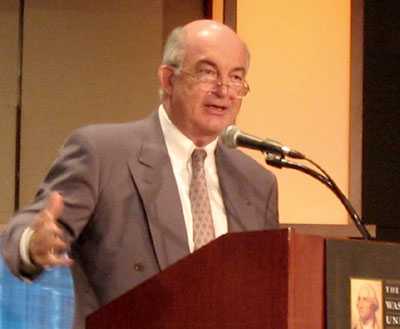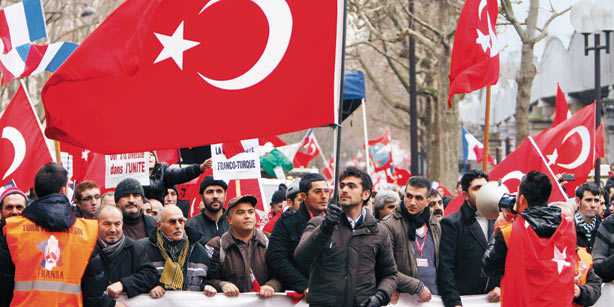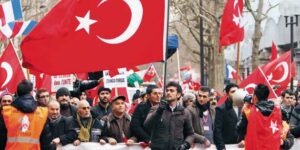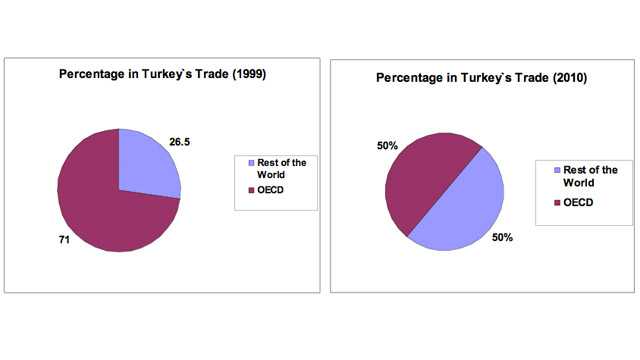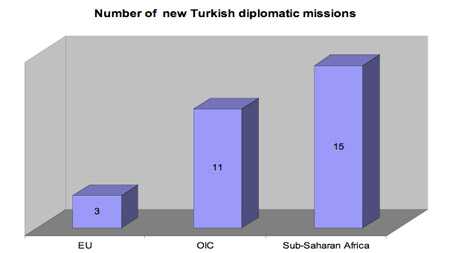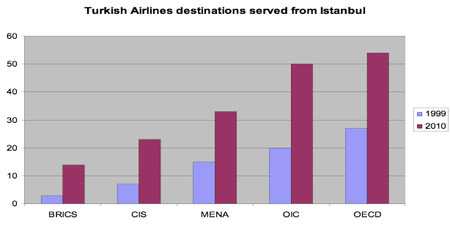By SUSANNE FOWLER
ISTANBUL — Expatriates living in Turkey scrambled this week to try to fulfill a new requirement that foreign residents register and pay for national health insurance by Tuesday, January 31, or face a fine said to be 886.50 lira, or about $495.
Early reports indicated that an as-yet unspecified level of coverage would cost foreign residents about 2,500 lire per year.
Confused Americans and Britons flooded their consulates in Istanbul with phone calls and e-mails, struggling to learn how to register, or whether they might be exempt if already covered by their home country’s national health plan or a private insurer.
Others went directly to their neighborhood office of the Sosyal Guvenlik Kurumu, or Social Security Institution. The result? Hours-long lines and office workers who either hadn’t heard of the law or gave conflicting instructions on how to comply.
Confused Americans and Britons flooded their consulates with phone calls and e-mails, struggling to learn how to register. Others who tried to register faced hours-long lines and office workers who hadn’t heard of the law or gave conflicting instructions.
Jolee Zola, a retiree from Cambridge, Mass., who is covered by Medicare, the government insurance plan for the elderly in the United States, visited two S.G.K. Offices.
At first, the director “threw the blame for the ignorance of expats on their consulate,” Mrs. Zola said. “He then told us we needed a signed document describing the kind of coverage we have in the States,” and to take it to another office that deals with foreign applications. At the second office, she was told that she needed a signed, notarized and translated letter from the U.S. Consulate testifying to her insurance status in the United States.
Although the S.G.K. employees did not necessarily know the details, Mrs. Zola said, “They really did try to help us.”
In a message to Americans living in Turkey, the American Embassy in Ankara acknowledged that “exactly how this new law applies to U.S. Citizens and the foreign community is difficult to interpret.”
Mrs. Zola then called the consulate’s American Citizens Services office, and was told that the Tuesday deadline was being postponed to Feb. 29 and that the “consulate was negotiating with the Turkish government to try to come up with a clear procedure.” The consulate on Thursday did not confirm the extension.
“I was very relieved when I heard that,” Mrs. Zola said, “because we wouldn’t have to spend the next few days going nuts, getting documents copied, etc., standing in line.”
Could there be a silver lining in all the confusion?
Some expats without health insurance coverage living in Istanbul said they would welcome the chance to sign up for local health insurance, if the Turkish authorities would only clarify — and simplify — the procedure.
Meanwhile, the British Embassy in Ankara posted a statement about what it called “the sudden changes to the Turkish health insurance system.”
The statement said that after the British ambassador and a consular team met with Turkish authorities about the “the substance, cost, lack of clarity and short notice of the change,” British residents in Turkey would be exempt. But that those who had already chosen to join the Turkish system would be allowed to remain in it.
Do you have a mind-boggling expat insurance or tax story to tell? We want to hear it. Do you think it only fair that foreign residents pay into public health insurance funds in their host countries? Or is this just a way to fill state coffers?
via Expats Face Confusing New Law to Buy Insurance in Turkey – NYTimes.com.
